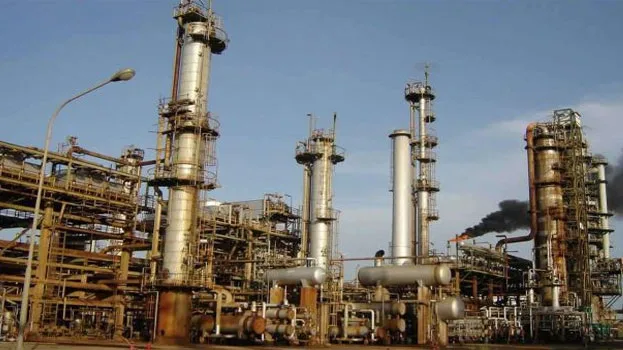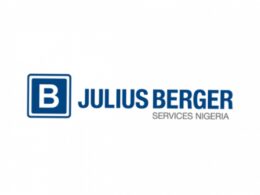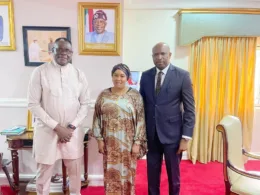The 210,000-barrel-per-day Port Harcourt refinery is expected to commence operations by the end of July, following multiple delays.
According to Chief Ukadike Chinedu, IPMAN’s National Public Relations Officer, the new timeline was revealed on Monday.
Chief Chinedu highlighted that the refinery’s operation would boost economic activities, reduce petroleum product prices, and ensure adequate supply.
Last December, Heineken Lokpobiri, the Minister of State for Petroleum Resources, announced the mechanical completion and flare start-off of the refinery, marking significant progress.
The refinery, consisting of two units—an older plant with a 60,000 barrels per day (BPD) capacity and a newer plant with a 150,000 BPD capacity—shut down in March 2019 for the first phase of repairs. The Nigerian government secured services from Italy’s Maire Tecnimont for the refinery’s review, with Eni appointed as the technical adviser.
Earlier this year, Mele Kyari, Group Chief Executive Officer of NNPC Limited, stated on March 15 that the Port Harcourt refinery would begin operations in about two weeks. Kyari’s announcement came during a press briefing after his appearance before the Senate Ad hoc committee investigating various turnaround maintenance projects.
“We completed the mechanical aspects of the refinery in December. We now have crude oil stocked in the refinery and are conducting regulatory compliance tests required for every refinery before operations start. I assure you the Port Harcourt refinery will start in two weeks,” Kyari said. However, operations did not commence as promised.
In a recent interview, Chief Chinedu confirmed that the refinery is now almost fully ready. “The MD informed Newsmen that the refinery is nearly ready and should start producing by the end of July. The turnaround maintenance is extensive, and work is ongoing around the clock. By the end of July, the refinery should be ready,” he stated.
Addressing past delays, Chinedu noted, “There have been delays, but no specific reasons were given for the last missed deadline in April. The refinery is 99% ready, with no major challenges remaining.”
The refinery’s timeline aligns with the Dangote Refinery’s plan to commence petrol production by the end of June. Aliko Dangote, Chairman of the Dangote Group, assured that Nigeria would no longer need to import petrol starting next month, as the refinery can meet West Africa’s petrol, diesel, and aviation fuel needs.
Nigeria, with an average monthly consumption of 1 billion litres of petrol, currently spends about N520 billion monthly on imports. The operational start of these refineries could save the government approximately N6.2 trillion annually.
Femi Soneye, NNPCL Chief Corporate Communications Officer, stated that international regulatory approvals are the only remaining impediment to starting operations. “Mechanical completion is achieved, and all systems are working. We are awaiting approvals from nuclear authorities, as some materials require these certifications. Once obtained, operations will commence,” Soneye affirmed.










Join our Channel...